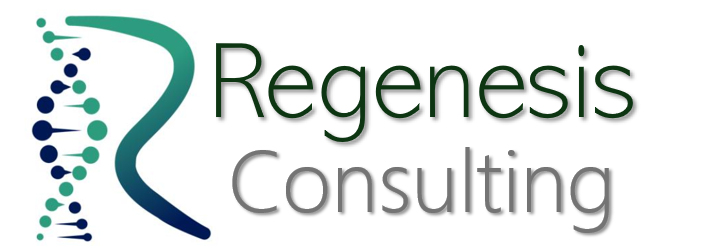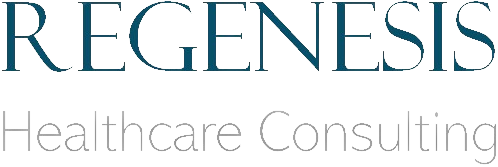Empowering Precision, Ensuring Accuracy: Clinical Documents at the Heart of Healthcare.
Accurate clinical documentation in hospitals is essential for patient care, ensuring effective communication, minimizing errors, supporting decision-making, and maintaining regulatory compliance, ultimately improving healthcare quality and patient safety.
Enhanced Patient Care
Accurate clinical documentation ensures informed decision-making and personalized treatment plans, enhancing patient care and improving health outcomes.

Patient Safety
By minimizing errors and promoting clear communication, accurate documentation enhances patient safety and optimizes care coordination among healthcare teams.
Efficient Communication
Efficient documentation streamlines care coordination and supports seamless transitions between providers, improving the continuity and quality of healthcare delivery.
Important Considerations
Three Considerations for Clinical Documentation in Hospitals:
Accuracy and Detail
Ensure that all information recorded is precise, complete, and reflects the patient's medical status accurately, supporting informed decision-making and safe patient care.
Timeliness and Consistency
Document patient information promptly and consistently following established protocols to maintain continuity of care and facilitate effective communication among healthcare teams.
Compliance and Legal
Adhere to regulatory standards and hospital policies to ensure confidentiality, privacy, and compliance with legal and ethical obligations, safeguarding patient rights and data integrity.
Service Benefits
- Enhanced Patient Care
- Improved Communication
- Efficient Workflow
- Enhanced Continuity of Care
- Better Clinical Decision-Making
- Legal Protection
- Enhanced Quality
- Research and Education
- Regulatory Compliance
- Patient Empowerment


